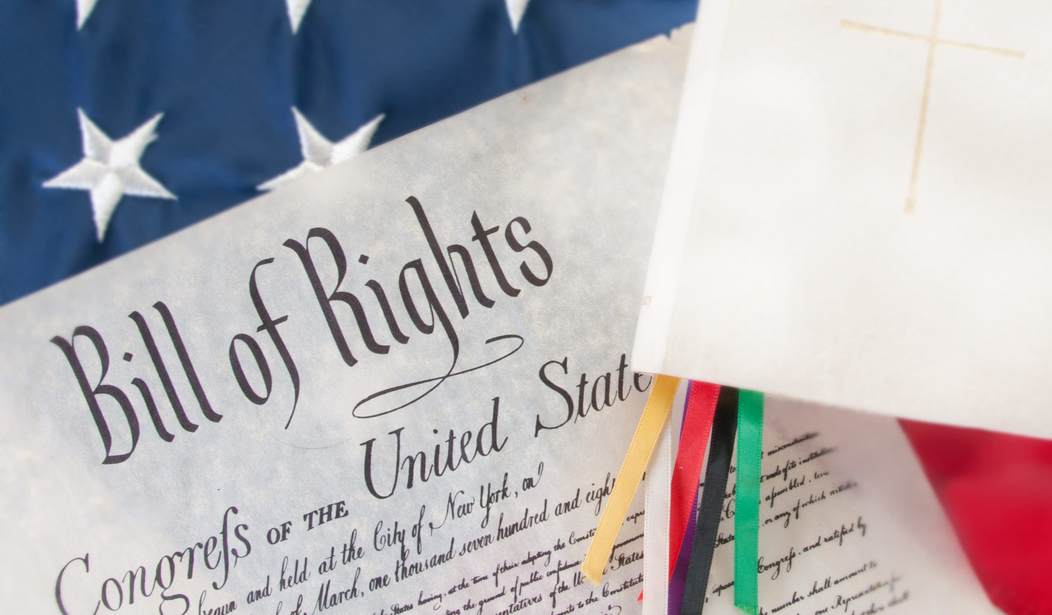The D.C. Court of Appeals ruled today that “hockey stick” climate-change guru Michael Mann’s defamation action against two journalists can proceed to trial.
Climate scientist Michael Mann, known for his work on the “hockey stick” analysis of global warming, can proceed with defamation claims against two writers who accused him of fraud and academic misconduct, an appeals court in Washington ruled on Thursday.
The DC Court of Appeals, the District’s highest local court, held that Mann had offered enough evidence for a “reasonable” jury to find that he was defamed by articles that, among other things, called him the “Jerry Sandusky of climate science,” referring to the former Penn State assistant football coach who molested children.
Mann brought the case against Rand Simberg, writing for the Competitive Enterprise Institute, and Mark Steyn, writing for the National Review. Lawyers for Mann, Simberg, and Steyn did not immediately return requests for comment.
Here’s the money graf from the court’s decision:
Dr. Mann has supplied sufficient evidence for a reasonable jury to find, by a preponderance of the evidence, that statements in the articles written by Mr. Simberg and Mr. Steyn were false, defamatory, and published by appellants to third parties, and, by clear and convincing evidence, that appellants did so with actual malice. We, therefore, affirm the trial court’s denial of the special motions to dismiss the defamation claims based on those articles and remand the case for additional proceedings in the trial court with respect to these claims.
The key is the words “actual malice,” which is ordinarily a very high bar for a controversial public figure like Dr. Mann to hurdle. Indeed, in order to win a defamation lawsuit at this level, a jury must find in favor of the plaintiff that the statements under contention were a) false, b) known to be false to the defendants and c) published either with actual malice or reckless disregard for the truth.
Judge Vanessa Ruiz wrote for the three-judge appeals panel: “Tarnishing the personal integrity and reputation of a scientist important to one side may be a tactic to gain advantage in a no-holds-barred debate over global warming. That the challenged statements were made as part of such debate provides important context and requires careful parsing in light of constitutional standards. But if the statements assert or imply false facts that defame the individual, they do not find shelter under the First Amendment simply because they are embedded in a larger policy debate.”
A month before the appeal’s third anniversary, the court has now issued a very belated ruling as a Christmas Eve news dump. You can read the full order here.
The takeaway is that Mann’s suit against National Review editor (and my old boss) Rich Lowry has been dismissed, but those against me and Rand Simberg will proceed:
Dr. Mann has supplied sufficient evidence for a reasonable jury to find, by a preponderance of the evidence, that statements in the articles written by Mr. Simberg and Mr. Steyn were false, defamatory, and published by appellants to third parties, and, by clear and convincing evidence, that appellants did so with actual malice.
You won’t be surprised to hear that I disagree with their ladyships…
The book to read on this whole subject is Renata Adler’s classic, Reckless Disregard, which charts the courses of two famous libel suits in the 1980s: Gen. William Westmoreland’s against CBS and Ariel Sharon’s against Time magazine. The applicable legal precedent is New York Times v. Sullivan, which articulated the “actual malice” standard in 1964. As the New York Times reported on the conclusion of the Sharon suit:
In January 1985, a jury in Federal District Court in Manhattan ruled in a libel case filed there by Mr. Sharon that the article – although it contained a false and defamatory paragraph -did not libel Mr. Sharon because Time had not published it with ”serious doubts as to its truth.”
The two parties eventually agreed to an out-of-court financial settlement.









Join the conversation as a VIP Member